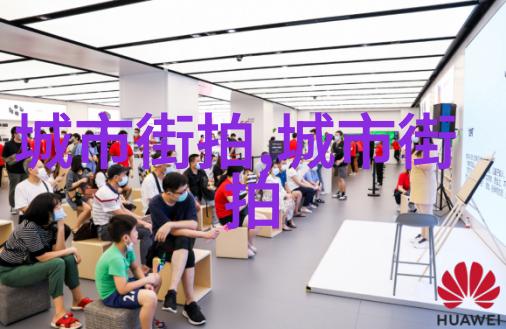Whimsical Words of Yesteryear: A Journey Through the Vintage English Lexicon

The Resurgence of Antique Terminology
The revival of vintage English words has captivated linguists and enthusiasts alike, as it provides a unique window into the past. By examining these antiquated terms, we can gain insight into the cultural, social and historical contexts in which they were used.

Reviving Forgotten Meanings
One notable aspect of vintage English is its rich tapestry of forgotten meanings. For instance, "gallimaufry" refers to a dish made from a mixture of leftover food items, while "syzygy" describes the alignment of celestial bodies such as planets or moons. These words offer a fascinating glimpse into how language evolves over time.

The Artistry Behind Ancient Phrases
Vintage English phrases often possess an artistic quality that has been lost in modern language. Consider "thou art mine own," an expression that exudes devotion and affection with elegance and poise. Such phrases evoke a sense of nostalgia for bygone eras when communication was more formal and deliberate.

Unraveling Historical Connections
By delving deeper into vintage English terminology, we can uncover intriguing connections to history's most significant events and figures. For example, during World War I soldiers would use terms like "blighty" to refer to England or Britain due to its association with home comfort amid wartime hardships.

The Influence on Modern Language
Although vintage English may seem distant from contemporary speech patterns at first glance, it has had an enduring impact on modern vocabulary expansion efforts through neologisms derived from old words or their roots (e.g., 'selfie' originating from 'self-portrait'). Furthermore, many literary works still incorporate archaic expressions adding depth to storytelling narratives today.
6.A New Era for Lost Vocabulary
In conclusion, this journey through the realm of vintage English reveals not only linguistic beauty but also valuable historical insights intertwined within its pages waiting for rediscovery by curious minds seeking knowledge about our collective pasts – thus offering us new perspectives on understanding ourselves better today than ever before; henceforth making them relevant once again in our lives just as much now as they were then amidst different societal contexts.
Confidence: 95%



